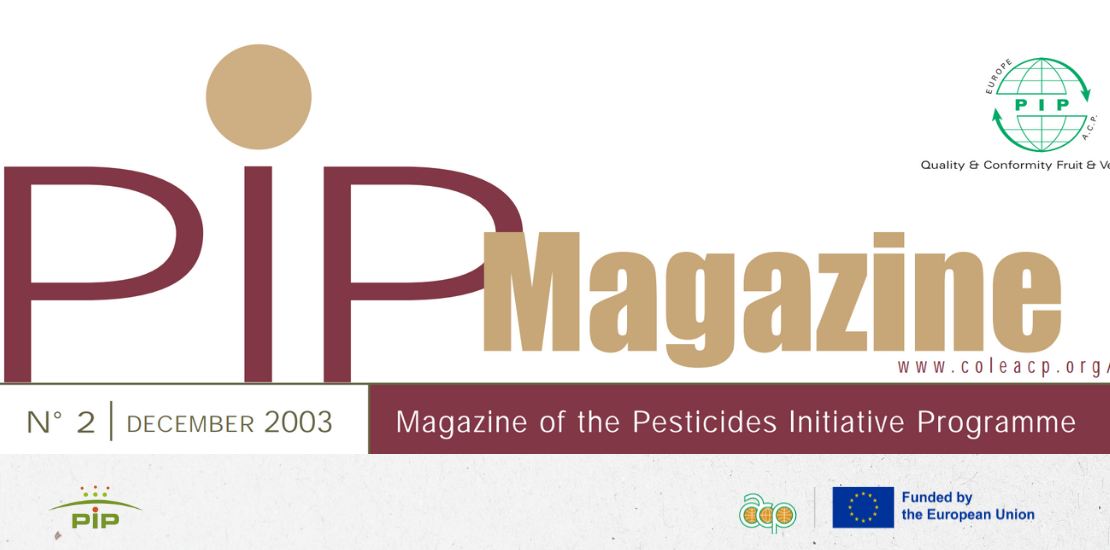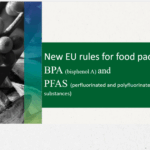- 08/04/2025
- Posted by: Sandra Borma
- Category: News

Source PIP magazine n°2, December 2003
“(…) Whilst the PIP makes every effort to use local ACP service providers whenever it can, it continues to rely to a great extent on European service providers to carry out its daily activities. However, in order to guarantee the long-term viability of its current training programme, the PIP will also contribute to building the capacity of local ACP service providers so that in due course these local consultants may take over most of the PIP’s activities. These service providers may either be private service companies or public bodies specialised in horticultural issues, either way the aim is to contribute to more local expertise being made available to horticultural companies in ACP countries.
Currently, when the PIP is about to conduct a training session, either collective workshops or in-company training sessions, it searches for qualified local service providers capable of setting up food safety systems and train staff. If the qualifications of interested local service providers are deemed adequate they may be asked to conduct training sessions. If the local providers qualifications are not completely up to par, he or she may be teamed up with an international expert to carry out a session or asked to attend a training session to become familiar with the subject matter. If required, supplementary training may be provided in the EU– through internships or intensive thematic training to further enhance the service providers’ knowledge and expertise.
While Kenya is by far the best endowed with qualified service providers, other ACP countries like Senegal and Côte d’Ivoire are not far behind. Much work will be required, however, to bring other countries up to par. Contacts have been made with a number of professional organisations, public services, independent consultants, and training centres and in all likeliness many capacity building actions for these service providers will be set in motion in 2004.(…)”.
The Pesticides Initiative Programme (PIP) was financed by the European Development Fund. The ACP Group of States and the European Commission entrusted responsibility for its implementation to COLEACP (today COLEAD).





